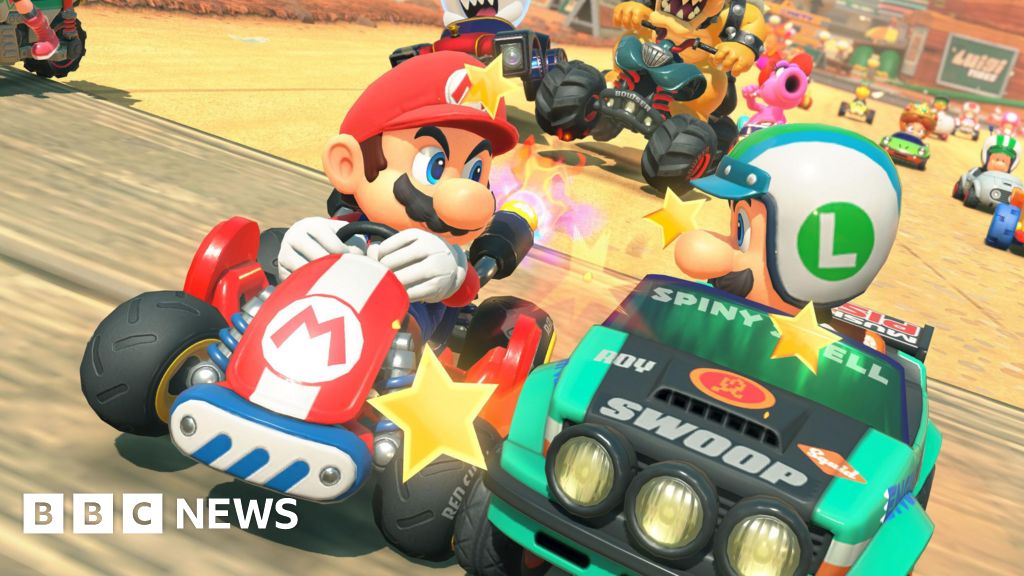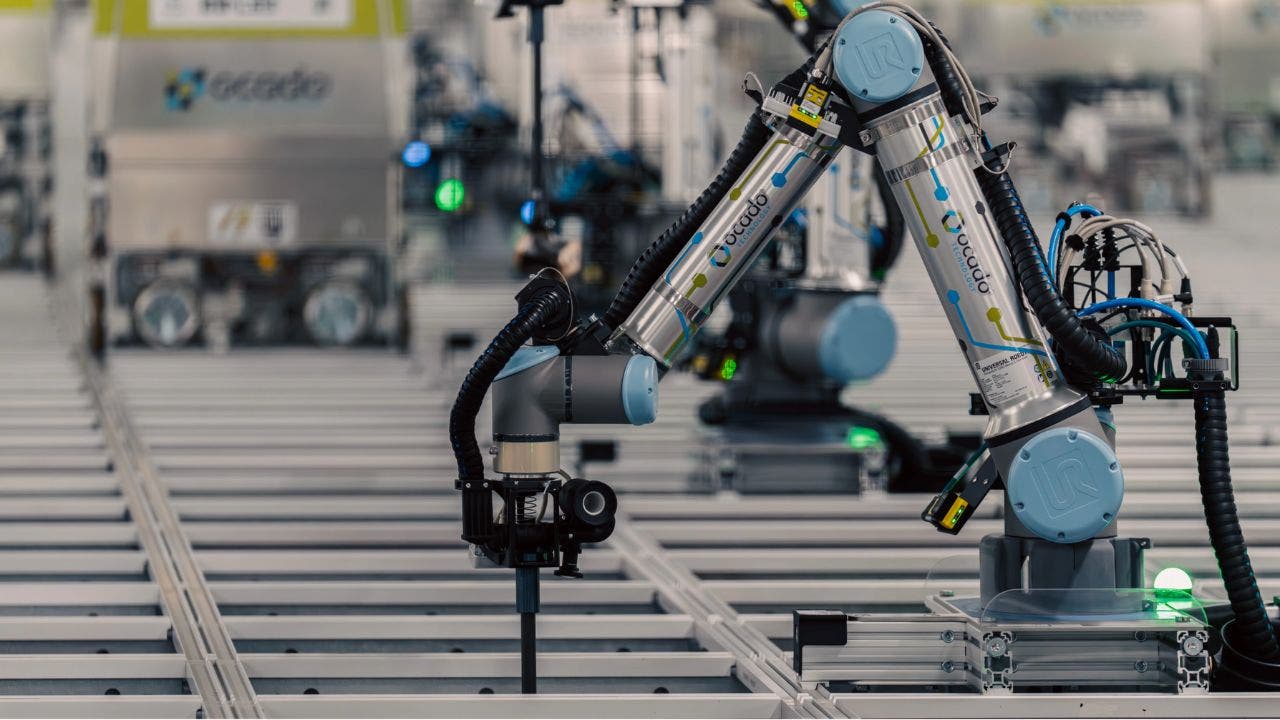Is £75 the New Standard for Video Games Following Nintendo Switch 2 Launch?

Nintendo has taken center stage in the gaming community this week with the unveiling of the highly anticipated Nintendo Switch 2, a successor to one of the best-selling consoles in history. As excitement builds for its launch scheduled for June, conversations among fans have predominantly revolved around an unexpected topic: the pricing of its games. While the console itself is positioned competitively against its rivals, Sony's PlayStation 5 and Microsoft's Xbox Series X, the pricing of its games has raised eyebrows.
The flagship title, Mario Kart World, is set to launch alongside the Switch 2, but it's the game's price tag of £74.99 that has sparked concern among gamers. Chloe Crossan, a gamer from Glasgow, expressed her apprehension when she spoke to the BBC. 'It makes it inaccessible; it's a lot to drop on one game,' she stated, highlighting the growing anxiety over the affordability of new video games. Despite her excitement for the console, she acknowledged the daunting cost of £75 for a single game, particularly for a household where multiple players might enjoy the same title.
It's important to note that not all games for the Switch 2 are expected to carry such a hefty price. However, the pricing strategy for its marquee title marks a significant shift for Nintendo, raising questions about consumer expectations and future pricing trends in the gaming industry. The disparity in pricing between physical and digital game versions is another factor adding to customer confusion, as many consumers may find themselves paying different amounts for the same game depending on their purchase choice.
Industry experts predict that the high price of Mario Kart World could signal a broader trend in the gaming market. Christopher Dring, the editor-in-chief and co-founder of The Game Business, indicated that price increases for blockbuster titles may become commonplace. 'I think if you're going to see a game that can charge more, look out for when GTA 6 gets a release date later this year,' he noted, emphasizing the likelihood of similar pricing strategies being adopted for other major franchises.
Dring elaborated on the various factors contributing to rising prices, pointing out that the production of modern video games is more complex than ever. 'These games take longer to develop and require larger teams to bring them to fruition,' he explained. He also noted that video game prices have not kept pace with inflation in recent decades. 'I remember buying N64 games for £50 at the turn of the century, which translates to approximately £80 today,' he added. As developers increasingly turned to in-game monetization and lower-cost digital downloads to offset costs, Dring believes that strategy is reaching its limits. 'That growth has started to slow, so they're now relying on price increases,' he said.
Despite the steep prices, not all gamers are deterred. Another player, Kathryn Brown, expressed enthusiasm for the Switch 2, stating, 'It’s more expensive than usual, but if it gets good reviews, I will wait to see what others think before buying.' Brown, who has two daughters at home eagerly anticipating the console, is clearly weighing the potential benefits against its cost.
Long-time Nintendo fan Lewis Tocher, who has owned the original Switch since its launch, also plans to purchase the new console as soon as he can afford it. He acknowledged the rising costs of game development, admitting he was surprised that prices hadn't increased sooner.
Retailers may view these developments with mixed feelings. Dring explained that this is the first instance where a console's physical and digital titles are being priced differently, a move that could adversely impact those who sell physical copies. He noted that approximately 80% of Switch games are still sold in physical format, while for Xbox, about 80% of new game sales are digital. By increasing the price of the physical versions, Nintendo may inadvertently push customers toward digital downloads, which could enhance their profit margins while leaving brick-and-mortar retailers struggling with lost sales.
As the gaming industry stands on the precipice of change, questions arise about what this means for the future of game pricing and how consumers will react to these new norms. Nintendo's bold pricing move may set a precedent that reshapes the market dynamics for years to come.


























